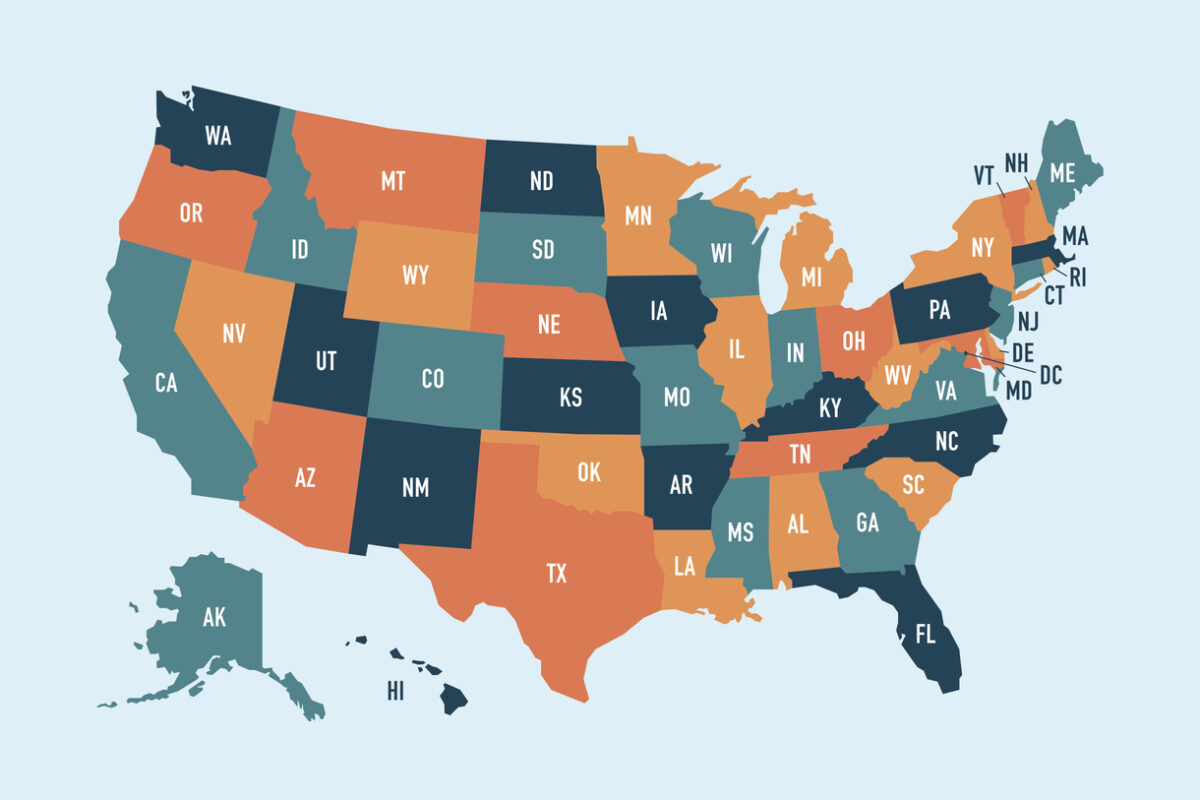“A disheartening blow.” IHEP President Mamie Voight responds to the U.S. Supreme Court’s ruling regarding race-conscious admissions
Published Jun 29, 2023
Washington, DC (June 29, 2023) – IHEP President & CEO Mamie Voight issued the below statement following the U.S. Supreme Court’s ruling regarding race-conscious admissions at colleges and universities:
“Today’s decision by the U.S. Supreme Court to prohibit the use of race in admissions decisions is an undeniable and disheartening blow to decades-long efforts to diversify student populations, enrich learning communities, and deliver educational excellence to all students.
“At IHEP, we believe fervently that higher education can and must do its part to build a more equitable and just society. For many students, earning a college credential is the steppingstone to an improved quality of life for themselves and their families. It is also true that centuries of racism and discrimination facing Black, Latinx and/or Hispanic, Indigenous, Asian American, Native Hawaiian, and Pacific Islander communities have led to marginalization of these students. For decades, the consideration of race and ethnicity as one of many factors in admissions decisions has helped colleges promote educational excellence through more equitable access that fosters diverse student communities and prepares graduates to engage in a global economy.
“These tailored access- and diversity-related practices benefit all students while also strengthening local communities and creating a pipeline of skilled talent for our country. Campus communities are stronger when people from different backgrounds learn, work, and grow together. And our shared future is more secure when all students develop the acumen to partner productively with others who have experiences that are different from their own.
“These policies yield outcomes that benefit our society writ large.
“In 1965, when President Lyndon B. Johnson signed the Higher Education Act into law, he described postsecondary education as “the most important door that will ever open,” for people in our country. More than 50 years later, those words ring truer than ever before. Most students who earn a degree or credential still fare better than they would without one. IHEP’s 2021 The Most Important Door That Will Ever Open: Realizing the Mission of Higher Education Through Equitable Recruitment, Admissions and Enrollment Policies report scrutinized institutional practices that maintain historical inequities in college access among Black, Latinx and/or Hispanic, Indigenous, and underrepresented Asian American, Native Hawaiian, and Pacific Islander students and students from low-income backgrounds. Our analysis affirmed that some policies and practices at more selective institutions can create systemic barriers that exclude students who are underrepresented in postsecondary education.
“In the wake of today’s decision, now is the time for all institutions to swing open the door of opportunity even wider and use all the tools at their disposal. Just as we did in our 2021 analysis, we call on institutions to:
- Recruit in diverse communities and communities with high proportions of Black, Latinx and/or Hispanic, Indigenous, Asian American, Native Hawaiian, and Pacific Islander students and offer innovative recruitment opportunities for students in rural areas.
- Actively recruit community college transfer students and students seeking to resume their studies after an extended pause.
- Award financial aid dollars based on student need, adequately fund transfer and part-time students, and be clear about financial aid availability.
- End legacy admissions policies that give preference to applicants who are family members of alumni and typically benefit White and wealthy students.
- Eliminate demonstrated interest policies that favor applicants who have the means to signal their preference to attend if admitted.
- Eliminate binding early decision deadlines that disadvantage students who cannot make enrollment decisions early and without comparing financial aid awards from multiple institutions.
- End the consideration of standardized test scores in admissions decisions, which reinforce racial inequities.
- Eliminate the consideration of students’ criminal justice information in admissions decisions.
“Today’s decision should not upend institutional efforts to shape diverse campus communities. Instead, colleges must remain steadfast in ensuring that this most important door is open to everyone, regardless of race, background or circumstance.
“Higher education, on its own, cannot solve centuries of racism, classism, and discrimination. But higher education can and must do its part to help right those wrongs. It can and must build diverse, enriching learning environments that prepare future leaders for a global society. It can and must lay the foundation for a better life and fortified economic security for generations to come.
Now is the time for institutional leaders to act.”
##
Read IHEP’s 2021 report The Most Important Door That Will Ever Open: Realizing the Mission of Higher Education Through Equitable Recruitment, Admissions and Enrollment Policies.


